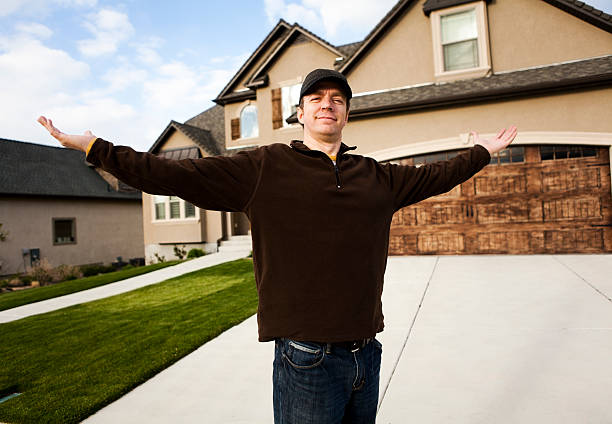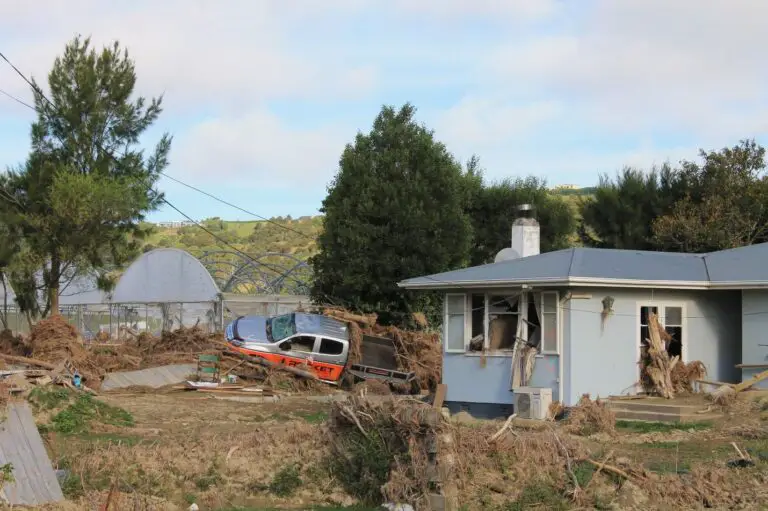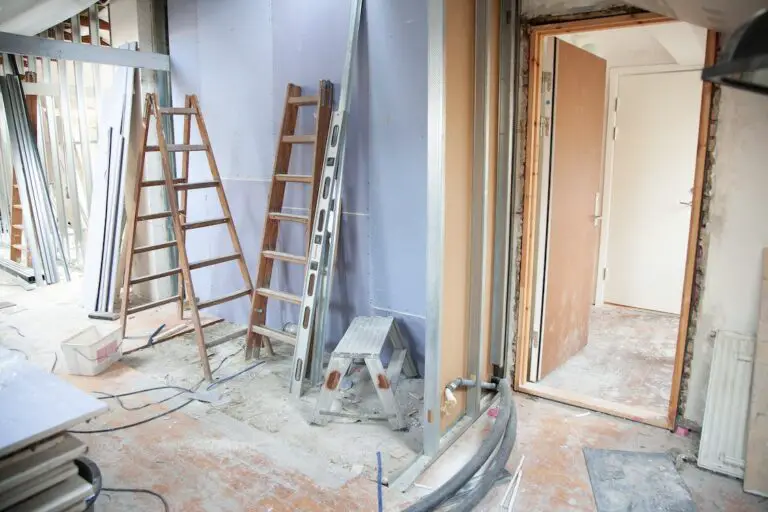Essential Tips to Reduce Fire Risks in Your Home
Fire prevention is one of the most important factors in ensuring safety in home surroundings. Fatal cases arise due to fires from trauma during fire evacuations, fire-induced suffocation, and excessive smoke inhalation. Nevertheless, most of these fires are avoidable if there are proper systems in the management of fire risks. This article will analyze in detail some vital procedures for minimizing fire threats to your home, pointing out some fire safety conditions.
Install Smoke Alarms
Smoke alarms are the first line of defense against fires. Put smoke alarms on all floors from the basement to all the bedroom areas. Renew batteries once yearly, and always ensure the smoke alarm is active to maintain safety. It is important to have an annual or semi-annual fire safety checklist to inspect all fire safety systems and ensure that they are working. Secondly, there should be networked fire sensors throughout the home, linking them together so that if one goes off, all alarms go off.
Create a Fire Escape Plan
It is necessary for a person to make up a safe fire escape as it can come in handy when ensuring their safety. Inform your family about them and always carry out drill rehearsals to remain familiar with the practice. Find at least one escape route in every room, and select a common ground for meeting outside the home. Let the family know what to do in case of a fire, for instance, crawling on the ground if there is a lot of smoke and rolling if a part of their clothes catches fire.
Maintain Heating Equipment
During the winter, a lot of fires occur due to faulty heating systems. Check regularly and service all heating devices, such as furnace stoves, fireplaces, and room heaters. A person should seek a professional once a year to inspect chimneys and vents, for heating system cleaning, and the removal of any flammable material from the surrounding environment of the heater.
Practice Safe Cooking Habits
Cooking is the main cause of kitchen fires leading to house burning. It is, therefore, important to be careful when using fire in the kitchen. Follow these tips to minimize fire risks in the kitchen.
- One must never leave something cooking unattended using high heat or oil.
- Avoid placing a towel or other easily flammable item on any hot surface.
- Ensure that there is a fire extinguisher fixed in the kitchen and that you have knowledge of how to use one appropriately.
- You shouldn’t use water on the fire if it is grease. Switch off the heat and set the lid on top.
Electrical Safety
It is crucial to be cautious around electrical systems as a faulty issue can spark fires that spread rapidly and are hard to extinguish. Follow these tips to reduce the risk of electrical fires:
- Ensure your electrical cords are checked regularly. If you notice a worn-out or torn cord, replace it immediately.
- Ensure that you do not overload outlets or power strips with too many appliances. Distribute electrical loads evenly.
- In case you suspect that there might be certain wiring defects, then consult a licensed electrician for correction.
- Turn off the plugs whenever you are not using them and be on guard for signs of electricity malfunction, such as flickering lights and tripping Circuit Breakers.
Keep Flammable Items Secure
Many household items are highly flammable, and improper storage can increase the risk of a fire starting. Store flammable liquids, such as gasoline and paint, in well-ventilated areas away from heat sources. Keep combustible materials, such as clothing and curtains, away from heaters and open flames. Regularly declutter and dispose of unnecessary items, reducing the potential fuel for a fire.
Install a Fire Sprinkler System
Consider installing a fire sprinkler system in your home for added protection. These systems can quickly suppress a fire, preventing it from spreading and minimizing damage. While smoke alarms provide early warning, sprinkler systems actively work to control the fire, offering an extra layer of safety.
Be Cautious with Candles
While candles could create a warm environment, they are dangerous if used recklessly. Candle flames usually go unnoticed, but if they catch something flammable, it is just a matter of time before they burn the whole house down. Follow these tips when using candles:
- There should be at least one foot between a candle and any flammable item.
- Make sure you have proper candle holders that are unlikely to fall over any second.
- Do not leave candles when going out of a room or sleeping.
- Blow out all the candles. It’s probably safer to go for flameless LED candles.
Store Firewood Safely
Properly store firewood if you are using a fireplace or wood stove. Separate wood piles at a distance of 4 meters from the house or other constituents and stack them above the grounds. It ensures that pests are kept away, thereby reducing the likelihood of flare-ups.
Install a Spark Arrestor
Ensure that all vents are installed and functional, including installing a spark arrestor if using a chimney or wood-burning stove. Ensure your chimney is regularly checked and cleaned so as to minimize the accumulation of creosote; otherwise, it can be dangerous.
Secure Gas Appliances
Improperly maintained gas appliances like stoves, water heaters, or furnaces are dangerous sources of fire. These can become a potential hazard for fires, especially explosions. Follow these safety measures:
- Ensure that gas appliances are inspected and maintained by professionals on a regular basis.
- Ensure that there is no combustible material in a gas appliance’s vicinity.
- Put in place a carbon monoxide warning device, as this will enable you to receive alarm signals regarding all escaping gases.
Educate Family Members
It is important to promote awareness and education on fire safety in your home. Include parents and their children so that every person knows what fire safety entails and what to do during an emergency situation. Instruct them on how to use a fire extinguisher, call emergency services, and exit the house when there is a fire. In case your house catches fire with its fierce rage, you’ll do well by keeping calm and reacting promptly for the sake of you and your family.
First and foremost, ensure all people evacuate immediately. Where possible, call for help and alert other members of the house loudly or use a fire alarm. Assist the children, elderly family members, or people who are unable to move freely out of the building quickly. Do not travel in an elevator since it might cease functioning in the course of the fire, so utilize designed exits like staircases.
On leaving the house, go and stand at least at a distance across the road. Specify a rendezvous point where you can carry out a roll call to ensure that all family members are accounted for. Call emergency services and give them your exact location and information about the fire quickly to help you. You should never undergo reentry into the house; if anything, the situation may worsen at a higher rate, and the stability of that house may be jeopardized in the worst ways.
Ensure that you watch your surroundings and the smoke direction. Doing this will ensure that you don’t breathe smoke while waiting for emergency service providers. Cover your nose and mouth with a piece of cloth, as this will minimize inhalation of the thick smoke if you find yourself stuck at some points as the exit paths are blocked up completely. If you are in a room full of smoke, lie on the ground because this is where there is less toxic air.
Ensure that each and every member of the family understands fire safety techniques, like where to find the fire extinguishers as well as emergency exits in the house. Frequently test smoke alarms to get them working, if not already. Above all, prevention is a must, but if there is a case of a fire outbreak, then an effective evacuation plan has a huge contribution to avert the situation from turning into a crisis or catastrophe. Do not forget that things can be replaced; however, we cannot recreate life.
![]()
There are three things that will reduce fire risk in your house: being aware of possible hazards, prevention, and preparation. Adhering to these basic precautions, you will secure a more serene home environment for yourself and your family. All together, regular maintenance, proper practices, and the adoption of safety systems help form a well-rounded strategy for preventing fires. Fire safety is of primary importance because it provides protection for your property and the people whom you care about.




